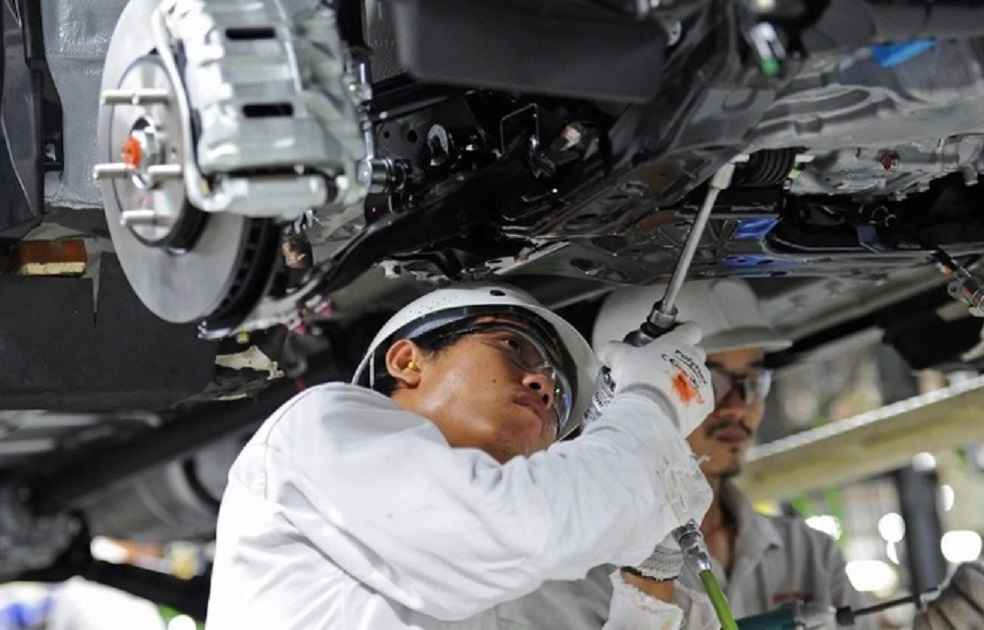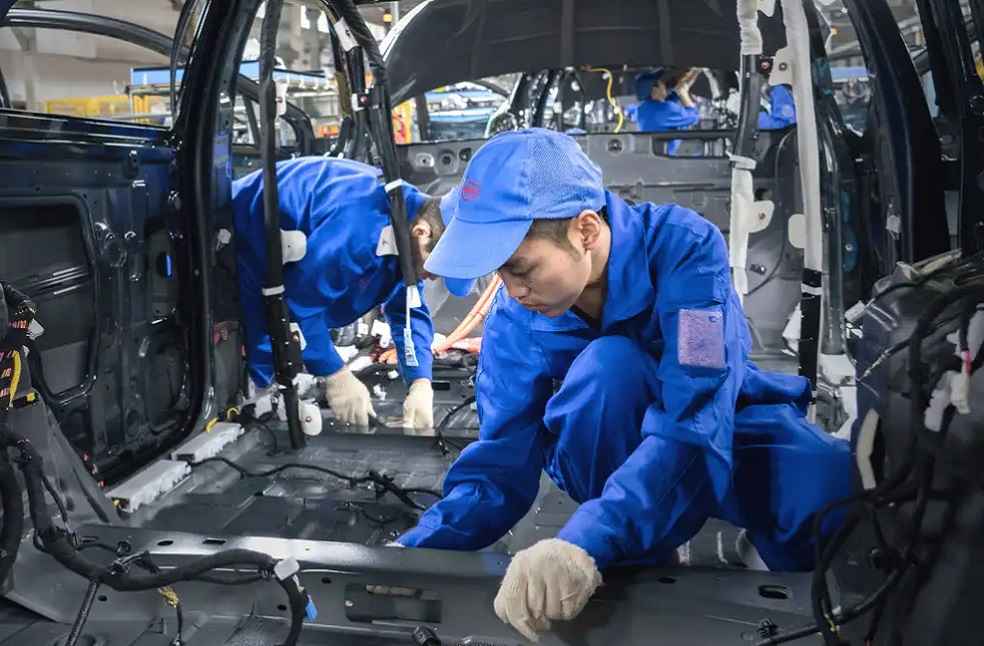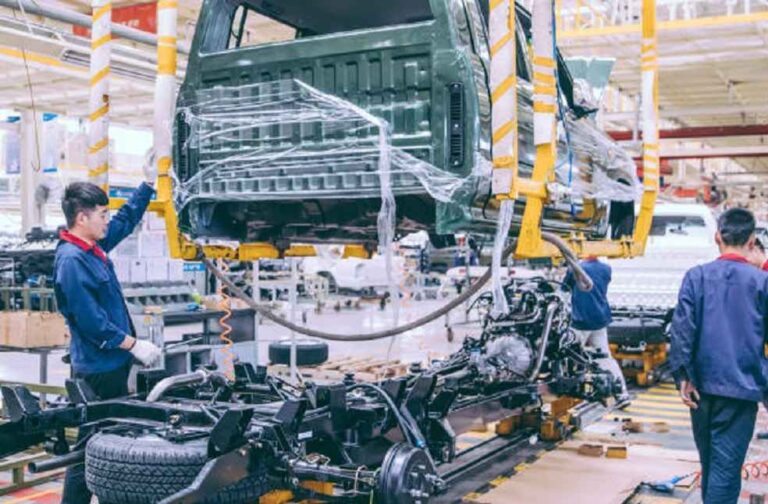The Confederation of Japan Automobile Workers’ Unions (JAW), representing approximately 780,000 workers, has planned to seek five additional nonworking days annually during upcoming labor-management negotiations. This request, the first of its kind since 1995, reflects growing concerns over working conditions and the Japan auto sector’s ability to attract new talent.
Current Working Conditions
Automotive workers currently receive around 121 days off per year, fewer than the 125 days typically granted in other industries and to public servants. The disparity stems from major automakers designating public holidays as working days to boost production efficiency while allowing extended breaks during the Bon holiday in August and the year-end and New Year’s period. However, a lack of substitute holidays for newly added public holidays has left the total number of nonworking days stagnant.

Concerns Over Attractiveness of the Industry
JAW President Akihiro Kaneko warned that the industry risks losing appeal if working conditions remain unaddressed. “The attractiveness of our industries could decrease if the situation is left unattended,” he said. JAW officials have also noted that job candidates are often surprised by the fewer days off, complicating recruitment efforts in a sector already grappling with a labor shortage.
Specific Demands
The union plans to demand that Coming of Age Day and Respect for the Aged Day, celebrated on the second Monday of January and the third Monday of September respectively, be designated as non-working days. This push aims to align the automotive sector more closely with other industries in terms of holiday allowances. Member unions are preparing detailed requests, which are expected to be submitted by February 12.

Challenges for Management
While acknowledging the importance of addressing worker concerns, automakers face significant challenges in meeting these demands. A senior official at a major automaker expressed doubts about further improving productivity to accommodate additional days off, stating, “It seems difficult to improve productivity further as we have taken all possible measures.”
Uncertain Outcome
Industry analysts remain skeptical about whether the demands will be met, given the need for companies to balance operational efficiency with employee satisfaction. However, the union’s push highlights the broader need to enhance working conditions in the sector, especially as the industry struggles to attract and retain talent.
TRENDING | Canada’s Auto Sector Braces for Impact of Trump’s 25% Tariff Threat





